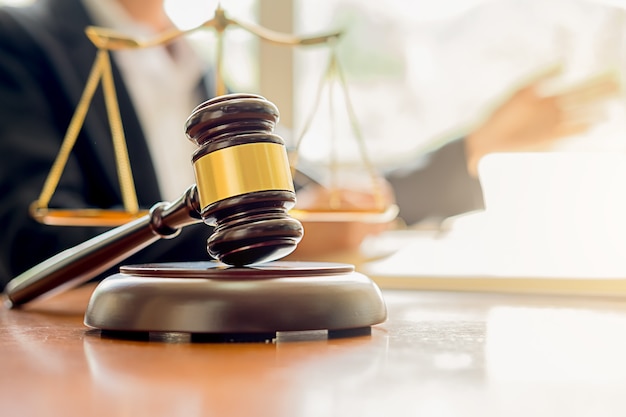For instance, coal mining operations have historically been associated with air and water pollution due primarilyto improper waste management practices. Workers employed in these industries face occupational hazards that can lead to long-term health issues. In such cases, they may be entitled to compensation for their injuries and suffering through workers’ compensation claims or personal injury lawsuits. Injury claims involving pollution prevention are complex and require a thorough understanding of environmental regulations, scientific evidence, and legal procedures. It is crucial for individuals seeking compensation to consult with experienced attorneys specializing in environmental law or personal injury litigation. Ultimately, the goal of injury claims involving pollution prevention is not only to provide justice for those affected but also to incentivize industries and organizations to prioritize pollution prevention measures. By holding responsible parties accountable for their actions (or lack thereof), it helps create a safer environment for everyone while promoting sustainable practices that protect human health and the planet.”
In recent years, there has been a growing emphasis on eco-friendly practices and sustainability. While these initiatives are commendable, it is important to recognize that they can sometimes have unintended negative consequences for certain individuals or communities. When such harm occurs, it is crucial to understand the legal remedies available to victims. One common issue arises when eco-friendly projects result in the displacement or disruption of local communities. For example, the construction of wind farms or solar power plants may require large areas of land, leading to the eviction of residents who truck accident legal firms have lived there for generations. In such cases, affected individuals can seek legal recourse through various avenues. Firstly, victims can file lawsuits against project developers under environmental laws and regulations. These laws often require developers to conduct thorough impact assessments before commencing any project that could potentially harm local communities or ecosystems.
If it is found that proper assessments were not conducted or if mitigation measures were insufficiently implemented, victims may be entitled to compensation for their losses. Additionally, victims can also pursue claims based on violations of human rights principles. The United Nations Declaration on the Rights of Indigenous Peoples recognizes indigenous peoples’ right to self-determination and control over their lands and resources. Therefore, if an eco-friendly project infringes upon these rights without adequate consultation or consent from affected indigenous communities, legal action can be taken against those responsible. Another area where legal remedies come into play is when eco-friendly products cause harm due to inadequate labeling or misleading advertising claims. For instance, some cleaning products marketed as environmentally friendly may contain harmful chemicals that pose health risks when used improperly. In such cases, consumers who suffer injuries as a result may have grounds for product liability claims against manufacturers and distributors.


